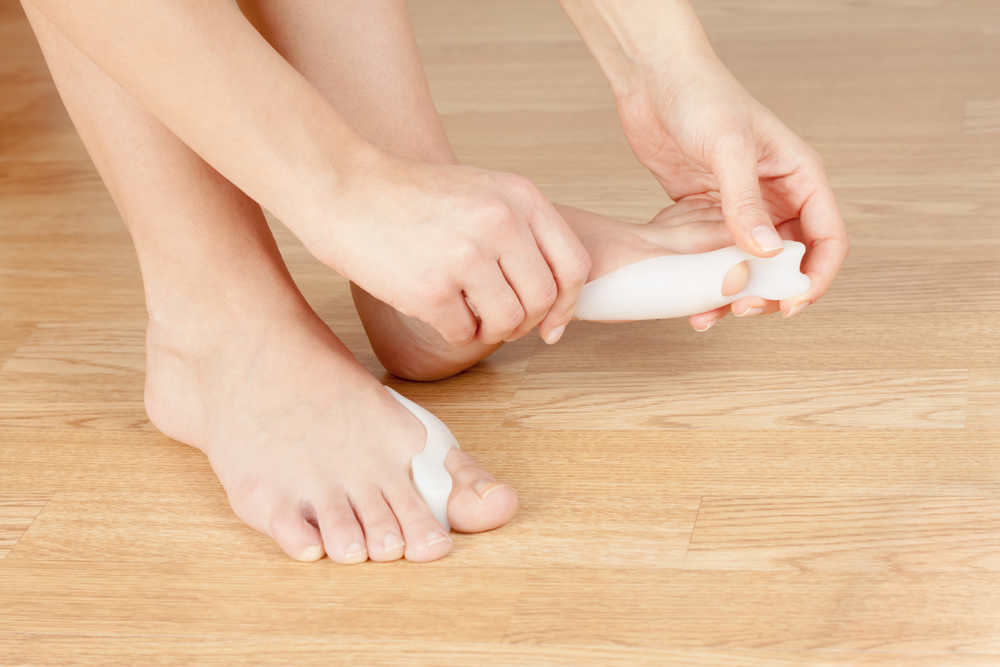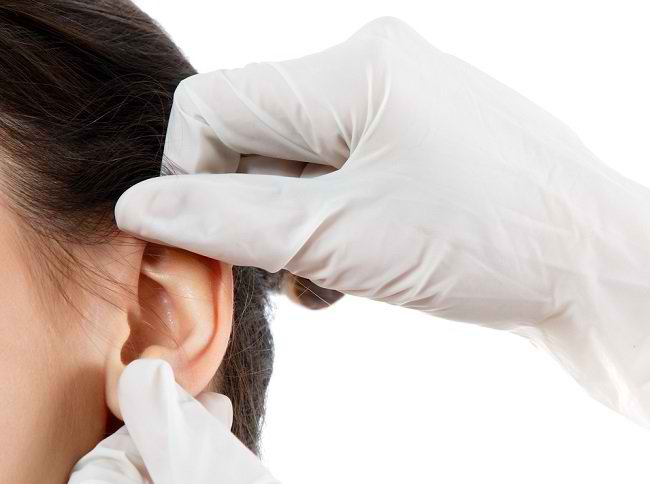Presbycusis is a decrease in the ability to hear due to age. This condition is characterized by difficulty hearing high-volume sounds, such as the ringing of the telephone or the sound of an alarm.
Presbycusis is a normal condition. Most people with presbycusis are elderly people aged 65 years and over. This is because some of the body's functions will decrease with the aging process.
Presbycusis is not a dangerous condition, but it can affect the daily life of the sufferer. Therefore, it is important to know more about presbycusis so that the quality of life in old age can be maintained.

Causes and Risk Factors of Presbycusis
As previously mentioned, presbycusis disease occurs due to the aging process which causes a decrease in hearing function. This decrease in hearing function can be triggered by damage to the eardrum, infection, accumulation of dirt, ear nerve disorders, tumor growth, or abnormalities in the ear bones.
Apart from aging, there are several other factors that can increase the risk of hearing loss, namely:
- Doing activities that expose the ears to loud noises for a long time, such as listening to music at a loud volume.
- Smoking habit.
- Noisy work environment, such as farmland, building construction area, or factory.
- Using certain medications, such as aspirin, gentamicin, sildenafil, and antimalarial drugs.
- Health problems that cause disruption of blood flow to the ear, such as heart disease, hypertension, or diabetes.
- Diseases that cause high fever symptoms, such as meningitis. High fever can cause damage to the cochlea.
- heredity factor.
Symptoms of Presbycusis
Symptoms of presbycusis appear slowly and gradually, so the sufferer is often not aware of it. Symptoms and signs of presbycusis include:
- Frequent ringing in the ears.
- Unable to hear high volume sound.
- Difficulty understanding what other people are saying, especially if there is a loud background or in a crowd of people.
- Often asks others to repeat words.
- Always increase the volume of radio and television.
- Difficulty understanding telephone conversations.
- Tends to avoid conversation with other people.
When harussia to dokter
Immediately consult a doctor if you experience the above symptoms or your hearing loss is sudden and is accompanied by a headache, blurred vision, or fever.
Usually presbycusis occurs gradually, so it is often not known at the beginning of its appearance, and only realized after this condition interferes with daily activities. Therefore, do regular ear examinations and hearing tests.
You should consult a doctor if you often have difficulty hearing conversations, or if you feel complaints in your hearing and ears.
Presbycusis Diagnosis
If the patient comes for treatment with symptoms of presbycusis, the doctor will examine the patient's ear for possible causes of hearing loss, such as earwax or inflammation due to infection.
If the cause of the hearing loss is not certain, the doctor will refer the patient to an ENT doctor. The ENT doctor will perform a hearing test to determine the cause and extent of the hearing loss.
The most common types of hearing tests are the tuning fork test and the audiometric test. A tuning fork test can help your doctor determine the type and location of the cause of the hearing loss. While the audiometric test is done to check the ability of the ear to hear sounds with various volumes and frequencies.
How to Overcome Presbycusis
Presbycusis treatment is determined based on the cause and severity. One method of presbycusis treatment that is often used is the use of hearing aids. Hearing aids are intended for people with presbycusis who have inner ear damage.
In addition, hearing aids are also able to make the sound captured by the ear louder and clearer. In addition to the use of hearing aids, other types of treatment that can be done are:
Ear wax cleaning
This method is done to remove the dirt that clogs the inner ear. Dirt will be removed by scraping or sucking with a special tool.
Ear surgery
Surgical procedures are performed to treat hearing loss due to ear injuries, repeated infections, or abnormalities in the ear bones.
Cochlear Implant
The cochlear implant method involves implanting a device to help the cochlea function in the ear. The function of the cochlea is to pick up and transmit sound vibrations to the brain via the auditory nerve.
Lip reading therapy
This therapy can be used as another option by people with presbycusis to treat hearing problems. Through this method, the therapist will teach the sufferer how to read the lips and body movements of the other person.
Complications of Presbycusis
Hearing loss can have a major impact on the quality of life of people with presbycusis, especially the elderly. Hearing loss makes conversation difficult, so they tend to be lonely and feel depressed.
In addition, hearing loss also causes a decrease in cognitive abilities, such as the ability to understand and remember things, and solve problems.
Presbycusis Prevention
The decline in hearing ability with age is difficult to avoid. However, there are several ways that can be done to prevent this condition from occurring early and developing more quickly, namely:
- Use ear protection, such as foam earplugs, if you work in a noisy work environment.
- Avoid various activities that risk damaging hearing, such as listening to music at high volume.
- Do not put any object or liquid into the ear without the doctor's permission.
- Eating nutritious foods and exercising regularly to prevent diseases that are at risk of disrupting the function of the sense of hearing, such as diabetes.
- Quit smoking.
- Do regular hearing function checks to the doctor.









